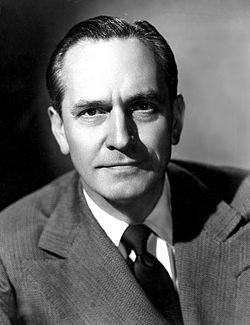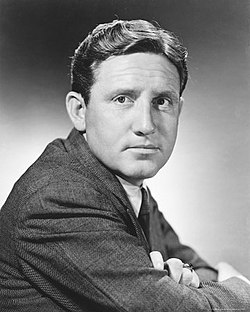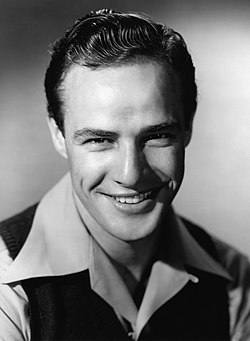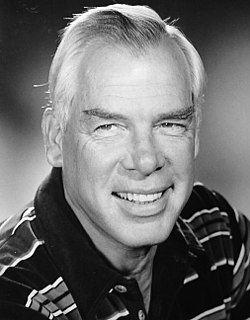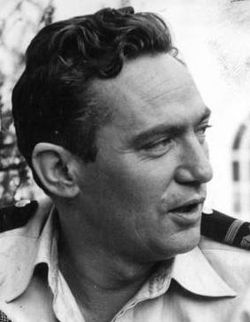| Academy Award for Best Actor | |
|---|---|
 | |
| Awarded for | Best Performance by an Actor in a Leading Role |
| Country | United States |
| Presented by | Academy of Motion Picture Arts and Sciences (AMPAS) |
| First award | May 16, 1929 (for films released during the 1927/1928 film season) |
| Most recent winner | Adrien Brody, The Brutalist (2024) |
| Most awards | Daniel Day-Lewis (3) |
| Most nominations | Laurence Olivier and Spencer Tracy (9) |
| Website | oscars |
The Academy Award for Best Actor is an award presented annually by the Academy of Motion Picture Arts and Sciences (AMPAS). It has been awarded since the 1st Academy Awards to an actor who has delivered an outstanding performance in a leading role in a film released that year. The award is traditionally presented by the previous year's Best Actress winner. However, in recent years, it has shifted towards being presented by previous years' Best Actor winners instead.
Contents
- Nominations process
- Winners and nominees
- 1920s
- 1930s
- 1940s
- 1950s
- 1960s
- 1970s
- 1980s
- 1990s
- 2000s
- 2010s
- 2020s
- Multiple awards and nominations
- Age superlatives
- Films with multiple Leading Actor nominations
- Multiple character nominations
- See also
- Notes
- References
- Bibliography
- External links
The Best Actor award has been presented 97 times, to 86 actors. The first winner was German actor Emil Jannings for his roles in The Last Command (1928) and The Way of All Flesh (1927). [1] The most recent winner is Adrien Brody for The Brutalist (2024); he previously won the award for The Pianist (2002) at the age of 29, making him the category's youngest winner. The record for most wins is three, held by Daniel Day-Lewis, and ten other actors have won twice. The record for most nominations is nine, held jointly by Spencer Tracy and Laurence Olivier. At the 5th Academy Awards in 1932, Fredric March finished one vote ahead of Wallace Beery; under the rules of the time this resulted in them sharing the award, the only time this has occurred.




